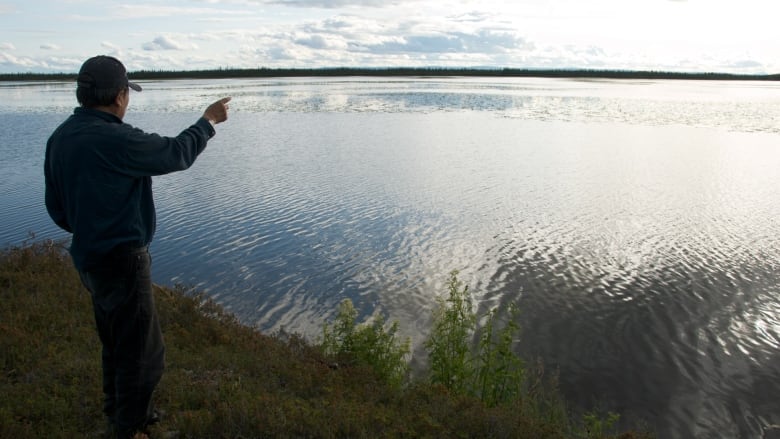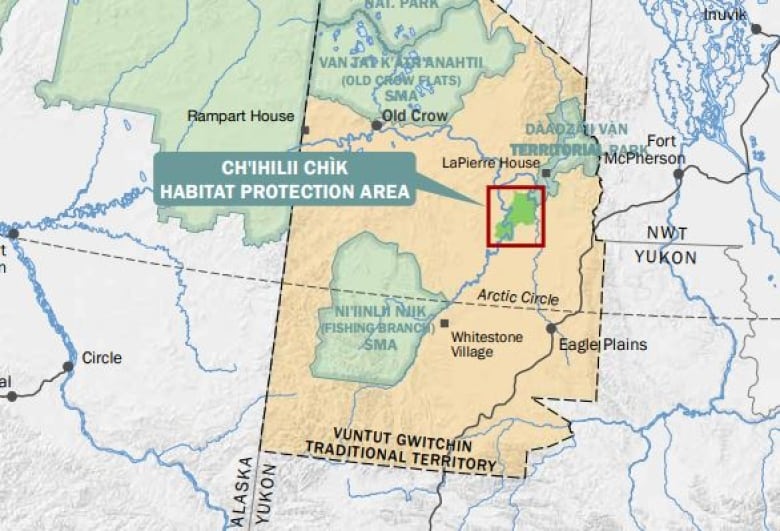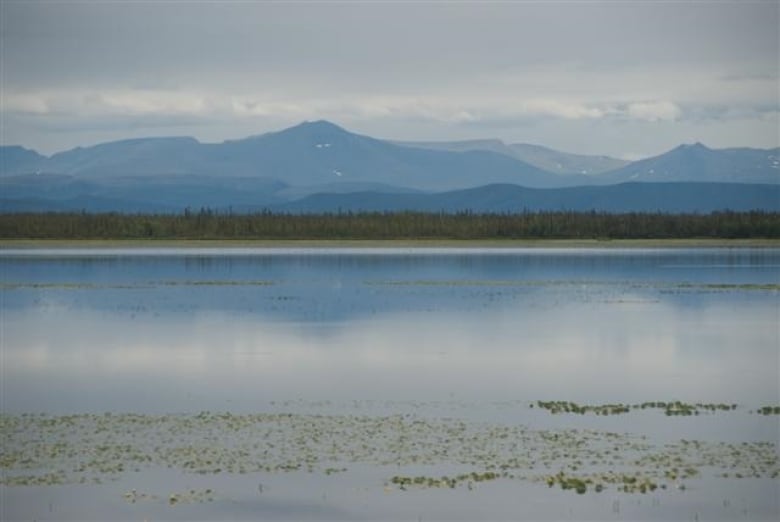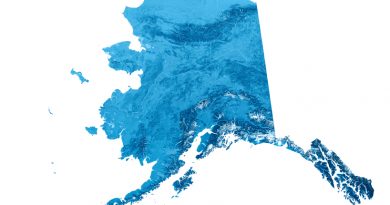Vast wetland habitat protected in northwestern Canada

A vast wetland complex in northern Yukon, northwestern Canada, has been set aside as protected habitat, making it off-limits for any resource exploration or development.
A management plan for the Ch’ihilii Chìk Habitat Protection Area was recently signed in Old Crow by representatives of the Yukon government, The Vuntut Gwitchin First Nation and the North Yukon Renewable Resources Council.
“The greatest thing that we can pass down to our next generation as Gwich’in people is clean land and healthy animals,” said Brandon Kyikavichik, an interpreter at the John Tizya Centre in Old Crow who was involved in the negotiations to protect the area.
“There won’t be any development in there for a very long time.”
The remote protected area — also known as the Whitefish Wetlands — is about 120 kilometres southeast of Old Crow and covers 468 square kilometres around Whitefish Lake and the surrounding wetlands. It’s near the confluence of the Porcupine, Eagle and Bell Rivers.
Three-quarters of the area lies within the traditional territory of the Vuntut Gwitchin, and the rest is Yukon public land.
Kyikavichik says it’s important habitat for many species, including moose, caribou, muskrat, migratory birds and fish.

“The reason why we call it the Whitefish Wetlands is because of a very large percentage of all of the whitefish that are in our traditional territory are actually spawned there,” he said.
“We usually put pretty high importance on these types of birthing areas or spawning areas.”
For the Gwich’in, that’s made it an area of huge historical and cultural significance.
“We’ve made use of it as Vuntut Gwitchin for God knows how long … there would have been a mixture of large communal camps from ancient times, as well as smaller family camps that would have been used right up into the ’50s,” Kyikavichik said.
Years of work and negotiations
The signing of the management plan came after several years of work and negotiations, and a decade after it was first recommended for protection in the North Yukon Regional Land Use Plan.
“We were at the negotiating table with the other affected parties for four years, trying to make this happen,” Kyikavichik said.
The planning process included community meetings in Old Crow and an open house in Whitehorse. A draft management plan was presented last fall.

There are no existing mining claims or exploration permits or licences within the area now, although there was one lease in place when negotiations started. Chance Oil and Gas ultimately relinquished its lease during the planning process.
Kyikavichik says the management plan represents a milestone for his First Nation, and the North Yukon Regional Land Use Plan, the territory’s first, and so far only, such land use plan.
“At this current juncture we’ve been able to execute, I think, pretty much every directive that came out of the land use plan,” he said.
“It’s a pretty huge accomplishment that we’ve been able to do all this. It was a lot of work. It wasn’t easy. And we did it under the guidance of our elders the entire time.”
Written by Paul Tukker, based on an interview by Elyn Jones
Related stories from around the North:
Canada: First Nation in Canada’s Northwest Territories votes to support creation of national park reserve, CBC News
Finland: Finland’s national parks popular despite poor maintenance, Yle News
Norway: WWF urges Norway to protect its Arctic forests to help fight climate change, The Independent Barents Observer
Russia: Russia adds small Arctic island to large national park, The Independent Barents Observer
United States: How the Army Corps of Engineers turned lenient on Alaska wetlands mitigation, Alaska Public Media



